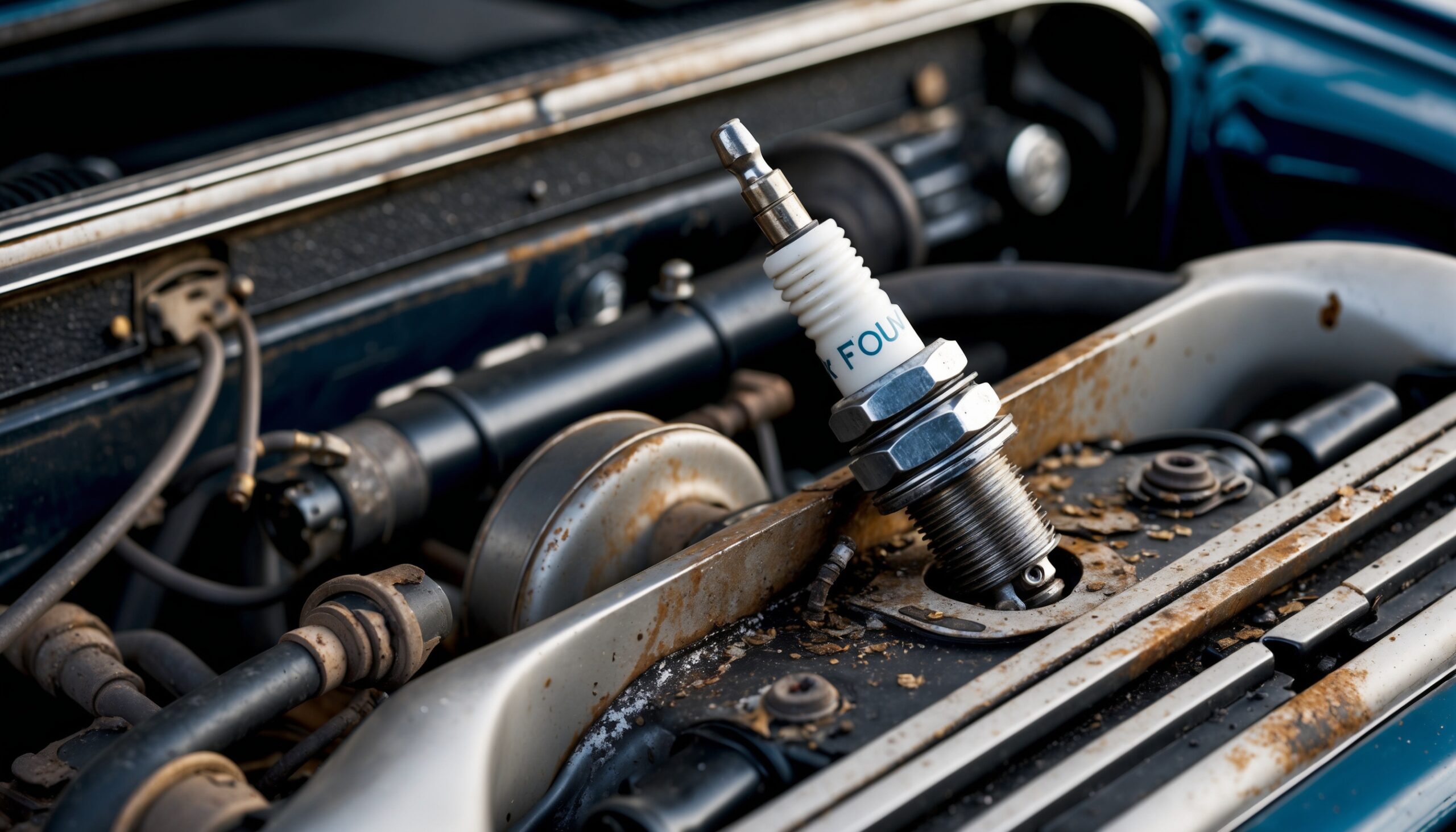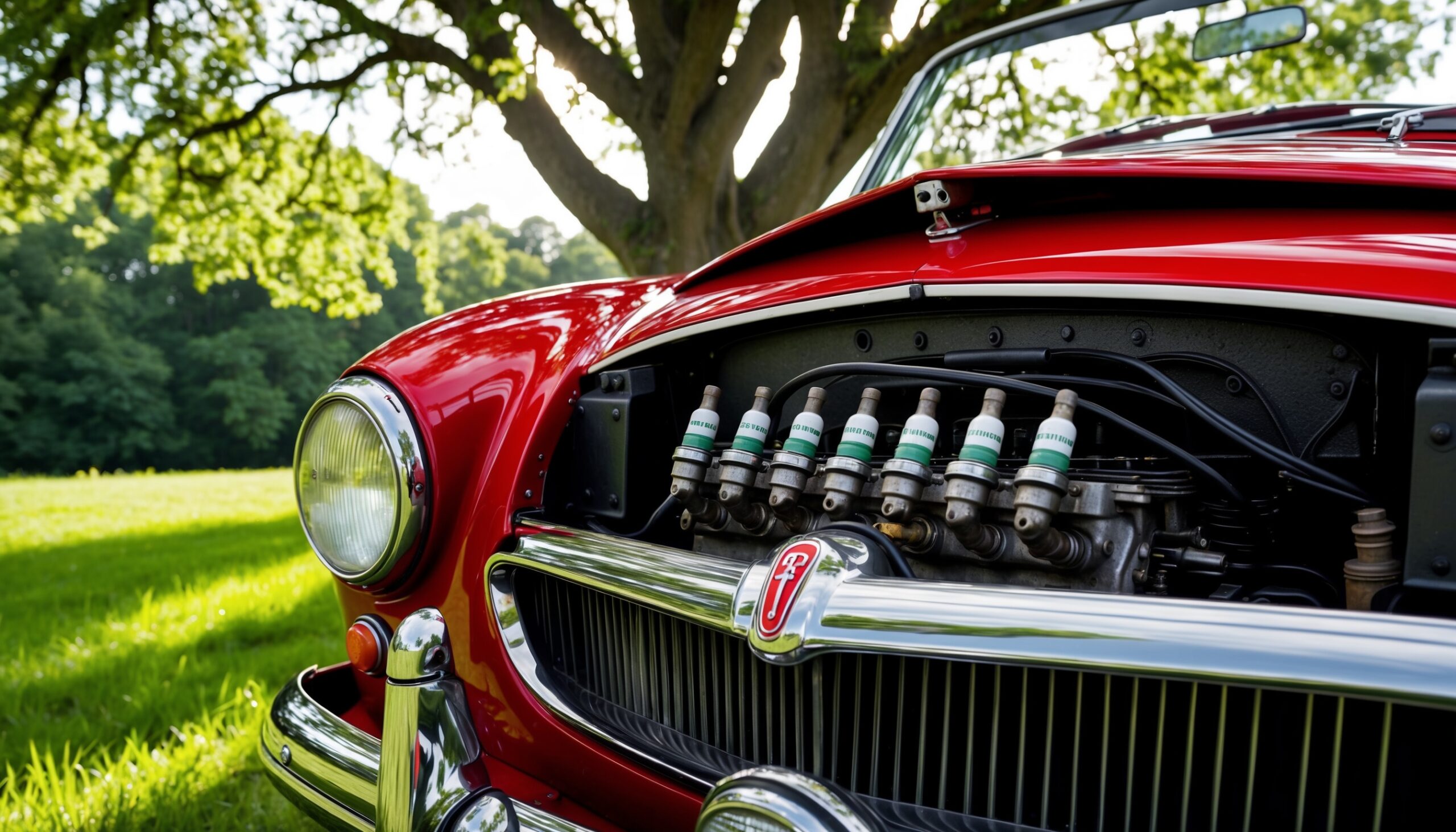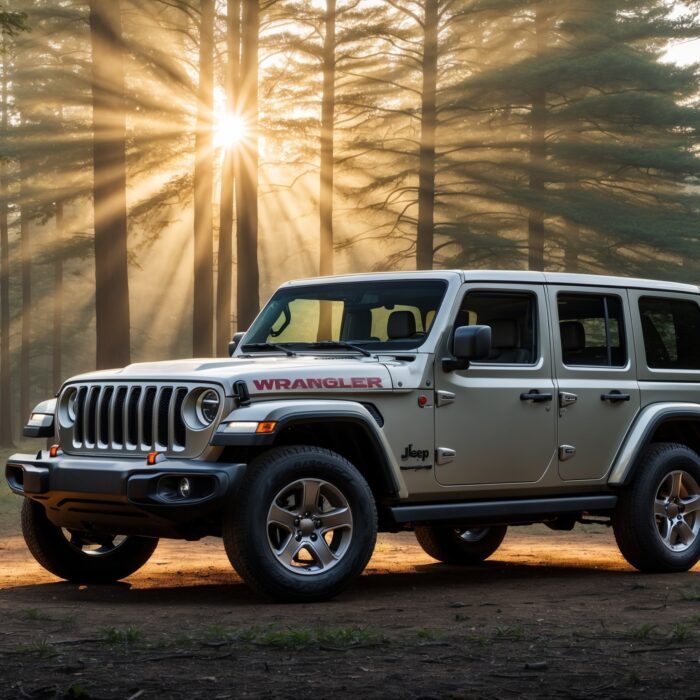Jeep Issues New Hybrid Recall Over Engine Sand Contamination
Hey there, fellow car enthusiasts! If you’re anything like us at Torque Feed, you live and breathe all things automotive. Today, we’re diving into some serious news straight from the Jeep camp—yes, that’s right, the iconic off-road brand is back in the spotlight, but not for the reasons we love to hear. They’ve recently issued a recall for several of their hybrid models due to a rather concerning issue: engine sand contamination. Buckle up as we unpack the details surrounding this recall, what it means for Jeep owners, and how to navigate the process.
Also Read: Here's How To Check If Your Car Has A Recall
The Recall Overview
In the automotive world, recalls can happen for a myriad of reasons, but when it comes to hybrid vehicles, the stakes often feel a bit higher. Jeep’s recent announcement has caught the attention of many, and for good reason. The recall affects specific hybrid models, primarily focusing on the 2021 Jeep Wrangler 4xe and the 2022 Jeep Grand Cherokee 4xe. These vehicles, known for their blend of rugged capability and electric efficiency, are now facing a potential threat from a rather unusual source—sand.
What’s the Problem?
So, what exactly is going on? Jeep has identified that a manufacturing issue may have allowed sand particles to enter the engine crankcase during production. This contamination can lead to a range of problems, from decreased engine performance to severe damage that could leave you stranded on the trail—or worse, cause a fire hazard. The last thing any Jeep owner wants is to be sidelined by their own trusted vehicle.
How Did This Happen?
The issue seems to stem from a specific manufacturing process within the Jeep plant where these hybrid vehicles are assembled. During the production phase, there are various stages where contaminants can inadvertently make their way into the engine components, and in this case, it appears that sand particles were not properly filtered out. While Jeep has a solid reputation for quality, even the best can face hiccups now and then.
Which Models Are Affected?
Understanding whether your Jeep is part of this recall is crucial. The affected models primarily include:
- 2021 Jeep Wrangler 4xe
- 2022 Jeep Grand Cherokee 4xe
If you own one of these models, it’s essential to stay informed. Jeep has taken steps to notify affected owners through direct mail, but it’s always a good idea to check for yourself.
Also Read: How Much Value Has a 2020 Jeep Wrangler Lost in 5 Years?
Identifying Your Vehicle’s Status
To determine if your vehicle is affected by this recall, you can visit the National Highway Traffic Safety Administration (NHTSA) website. All you need is your Vehicle Identification Number (VIN), and you’ll be able to pull up any active recalls tied to your vehicle. It’s a simple step that can save you a lot of headaches down the road.
The Risks of Ignoring the Recall
Now, you might be wondering, “What’s the big deal? I haven’t noticed any issues with my Jeep.” While it’s true that you might not see immediate symptoms, the risks of ignoring this recall are significant. Let’s break down some of the potential consequences:
- Engine Damage: Over time, the sand contamination can lead to increased wear and tear, ultimately causing serious engine damage.
- Performance Issues: Even minor contamination can affect how your Jeep performs, leading to decreased fuel efficiency and power.
- Safety Hazards: In severe cases, engine failure can occur, which might lead to dangerous situations while driving.
- Warranty Complications: If you ignore the recall and later experience engine issues, you may find your warranty coverage compromised.
What Jeep Is Doing About It
Jeep is taking this recall seriously and has put a plan into action to address the issue. Here’s a brief overview of what they’re doing:
Notification and Communication
As mentioned earlier, Jeep is reaching out to owners of affected vehicles via mail. They are ensuring that everyone is aware of the recall and understands the necessary steps to take.
Repair Process
For those whose vehicles are affected, Jeep has set up a repair process to clean the engine crankcase and replace any damaged components. This should restore your vehicle to its intended performance standards. Owners are encouraged to bring their vehicles to a certified Jeep dealership for the necessary repairs.
Cost-Free Repairs
One of the best parts about recalls is that they are typically performed at no cost to the vehicle owner. Jeep is committed to addressing this issue without burdening their customers financially. So, if you receive a recall notice, don’t hesitate to take them up on the offer!
How to Handle the Recall
So, what should you do if your Jeep is affected by this recall? Here’s a step-by-step guide:
- Check Your VIN: As mentioned earlier, visit the NHTSA website or your local dealership to verify your vehicle’s recall status.
- Contact Your Dealer: If you find your vehicle is affected, reach out to your local Jeep dealer. They will guide you through the next steps and schedule an appointment for repairs.
- Document Everything: Keep records of all communications, appointments, and repairs related to the recall. This can be helpful for warranty purposes later on.
- Stay Informed: Follow any updates from Jeep regarding the recall. They may provide additional information or steps as the situation develops.
What to Expect at the Dealership
If you decide to take your Jeep in for the recall repair, you might be wondering what to expect. Here’s a quick rundown:
- Initial Inspection: A technician will first inspect your vehicle to confirm the recall issue and assess any damage that may have occurred due to the contamination.
- Cleaning Process: If contamination is found, they will clean the engine crankcase thoroughly to remove any sand particles.
- Component Replacement: In cases where damage has occurred, the dealer will replace necessary parts to ensure your engine is in top shape.
- Test Drive: After repairs, expect a test drive to ensure everything is working as it should be.

Maintaining Your Jeep Post-Recall
Once your Jeep has been repaired, you might be wondering how to keep it running smoothly and avoid issues in the future. Here are some tips:
- Regular Maintenance: Stick to a routine maintenance schedule, including oil changes, filter replacements, and other necessary checks.
- Stay Vigilant: Pay attention to your vehicle’s performance. If you notice any unusual sounds or behaviors, don’t hesitate to consult a mechanic.
- Join the Community: Engage with other Jeep owners. Online forums and local clubs can be great resources for advice and shared experiences.
- Follow Manufacturer Updates: Keep an eye on any further recalls or updates from Jeep regarding your specific model.
The Bigger Picture: Hybrid Vehicles and Recalls
This recall isn’t just a hiccup for Jeep; it also highlights a growing trend in the automotive industry as more manufacturers embrace hybrid and electric technology. As these vehicles become more common, the complexities of their systems also increase, which can lead to new types of issues and recalls.
For enthusiasts, this means staying engaged and informed about the vehicles we love. The transition to hybrid technology promises exciting advancements in efficiency and performance, but it also requires us to adapt to new challenges.
Consumer Responsibility
As consumers, it’s our responsibility to stay informed about our vehicles and any recalls that may affect them. Regularly checking for recalls, understanding your vehicle’s systems, and maintaining open communication with your dealership can greatly enhance your ownership experience.
Embracing Change
While recalls can be frustrating, they also serve as a reminder of how far automotive technology has come. Jeep, like many other manufacturers, is navigating the complexities of modern vehicle production. With the right information and proactive steps, we can all ensure our vehicles stay safe and reliable.
Final Thoughts
As we wrap up this in-depth look at Jeep’s latest recall, remember that staying informed and proactive is key. If you own one of the affected hybrid models, don’t delay in getting your vehicle checked out. It might feel like an inconvenience now, but it’s a small price to pay for the peace of mind that comes with knowing your Jeep is running at its best.
At Torque Feed, we’re committed to bringing you the latest news and insights from the automotive world. Stay tuned for more updates, and happy driving!












